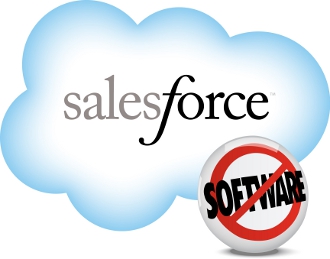 On-Demand Solutions has announced that Apico, the UK’s off-road parts and clothing distributor for motocross, trials, supermoto, trail riding, enduro and quad racing, has signed up for its ODSNet product for its B2B e-commerce site for use by dealers across the UK and parts of Europe.
On-Demand Solutions has announced that Apico, the UK’s off-road parts and clothing distributor for motocross, trials, supermoto, trail riding, enduro and quad racing, has signed up for its ODSNet product for its B2B e-commerce site for use by dealers across the UK and parts of Europe.
ODSNet is an e-commerce platform for SAP Business One and was apparently selected following a recommendation of its SAP Business One provider, Signum Solutions, because of the platform’s tight integration with SAP B1.
This means Apico will manage its e-commerce site in a more automated and keep it continuously in sync with back-office systems.
Apico had been a family-owned business since its foundation in 1984 by three times World Trials Champion Yrjo Vesterinen. When the original owners retired in 2014, long-standing employees Anna Lena Eriksson and Dylan Brown took over the Burnley, Lancashire-based business. The new plans for the website are part of their aim to modernise the way the company operates by making more use of digital channels.
The business has seen growing interest from dealers going online to choose and order products, a trend it wanted to embrace. “People now expect to have all the answers readily available to them online, without having to call or email,” Brown said. “They also want instant visibility – of invoices, order status, new products, special offers and so on. With ODSNet we’ll be able to provide all of that.”
The sticking point with the old website was the inability to link Apico’s e-commerce activity to its standard business systems, where the latest stock, pricing and account information resides. “We had struggled to find a solution to connect our web activities to SAP B1,” Eriksson said.
“This created a lot of manual work and meant we could never be entirely confident that the website carried current stock and pricing. We deal with a large volume of part numbers, so it’s hard to check everything manually.”
The outgoing web platform was also geared more to consumer purchasing, she said.
“Although our provider couldn’t have been more helpful, we had to make a lot of compromises with what we wanted to do. When our SAP provider found ODSNet – a B2B e-commerce specialist with certified SAP integration, it was the answer we’d been looking for.”
Once Apico has deployed ODSNet, it expects online sales to grow from the current level of about 15 percent to represent 40 percent of total business, because of the increased convenience and transparency it offers to dealers.
The company will also take advantage of ODSNet’s Marketplaces option, allowing it to promote products on third-party sites such as eBay and Amazon. “We have done some limited business on eBay before, but it has been very manual, whereas with ODSNet it will be much simpler and more automated”, Brown said.
 A report released by SAP outfit Avantra and its research partner ASUG reveals organisations are spending more than twice as much time executing on their current SAP strategies than planning for the future.
A report released by SAP outfit Avantra and its research partner ASUG reveals organisations are spending more than twice as much time executing on their current SAP strategies than planning for the future.













